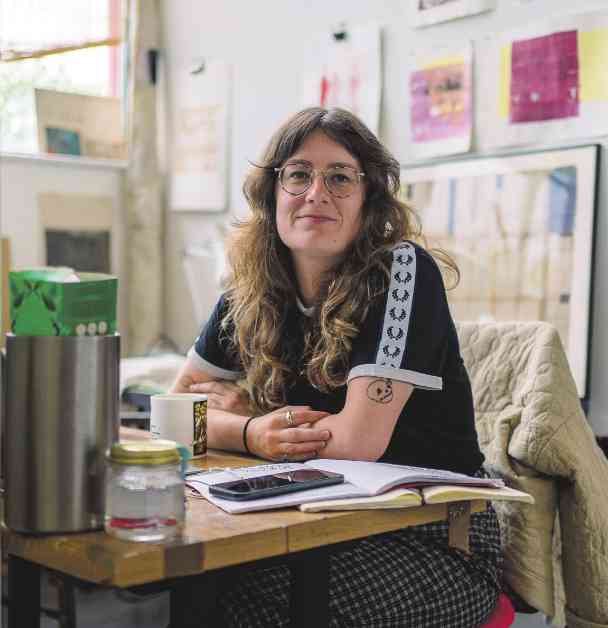Rosie Bowery, the manager of Jamaica Street Studios, was relieved and exhilarated when their crowdfunder target was successfully met, unlocking a substantial government grant. This success was crucial in the organization’s bid to take ownership of its building near Stokes Croft. The Grade II-listed former carriageworks has housed artist studios since the 1990s, a rarity in a time when property developers were not as prevalent in the area.
The rising land values in the city have put pressure on cultural venues like Jamaica Street Studios, making their long-term future uncertain. With the support of the community and successful fundraising efforts, organizations like Jamaica Street Studios can secure their spaces and continue to thrive. However, the work doesn’t end with the crowdfunder. Managing the funds, securing additional resources, and navigating the complexities of ownership are ongoing challenges that require dedication and expertise.
Similar initiatives have been successful in other venues like the Exchange and the Cube Microplex, where community support and innovative fundraising models have preserved these cultural spaces. The Exchange’s community share offer allowed people to become co-owners of the business, ensuring its sustainability and providing opportunities for future growth.
For the Cube Microplex, buying the freehold was a significant achievement that secured the venue for community use. Despite the challenges and costs associated with building improvements, the Cube remains a vital space for amateur arts and community events. The recent crowdfunding efforts show continued support for these venues, highlighting the importance of community involvement in preserving cultural spaces.
Looking ahead, Rosie Bowery and Jamaica Street Studios are focused on accessibility and inclusivity, aiming to create a space that welcomes diverse voices and fosters creativity. By engaging with the local community and offering free workshops, they hope to make art more accessible and open up new possibilities for collaboration.
As these venues navigate the complexities of ownership and sustainability, community support remains essential. Initiatives like the Community Ownership Fund and community share offers provide alternative models for preserving cultural spaces and ensuring their long-term viability. By investing in these venues, we invest in the cultural fabric of our cities and create spaces that bring people together.













